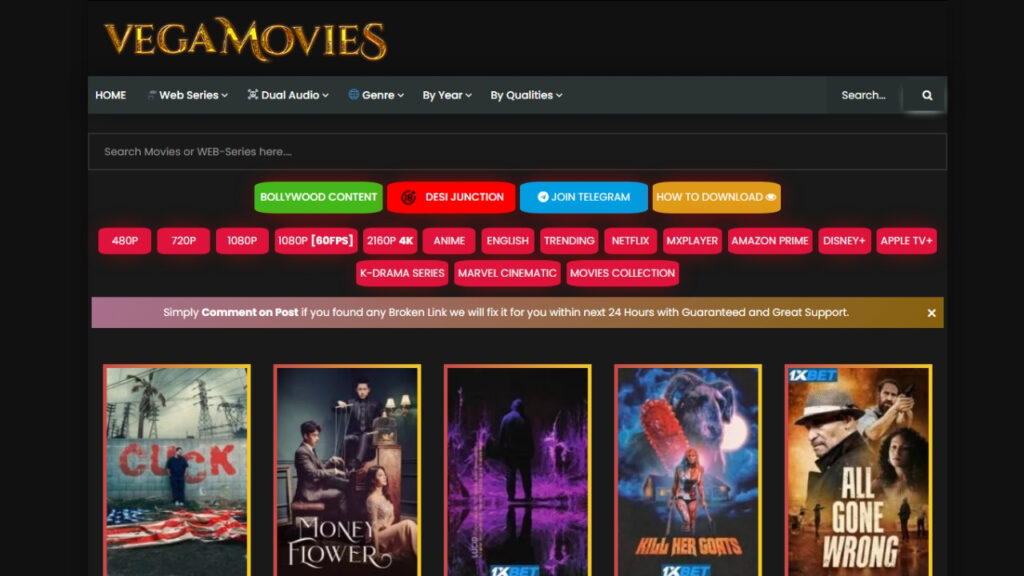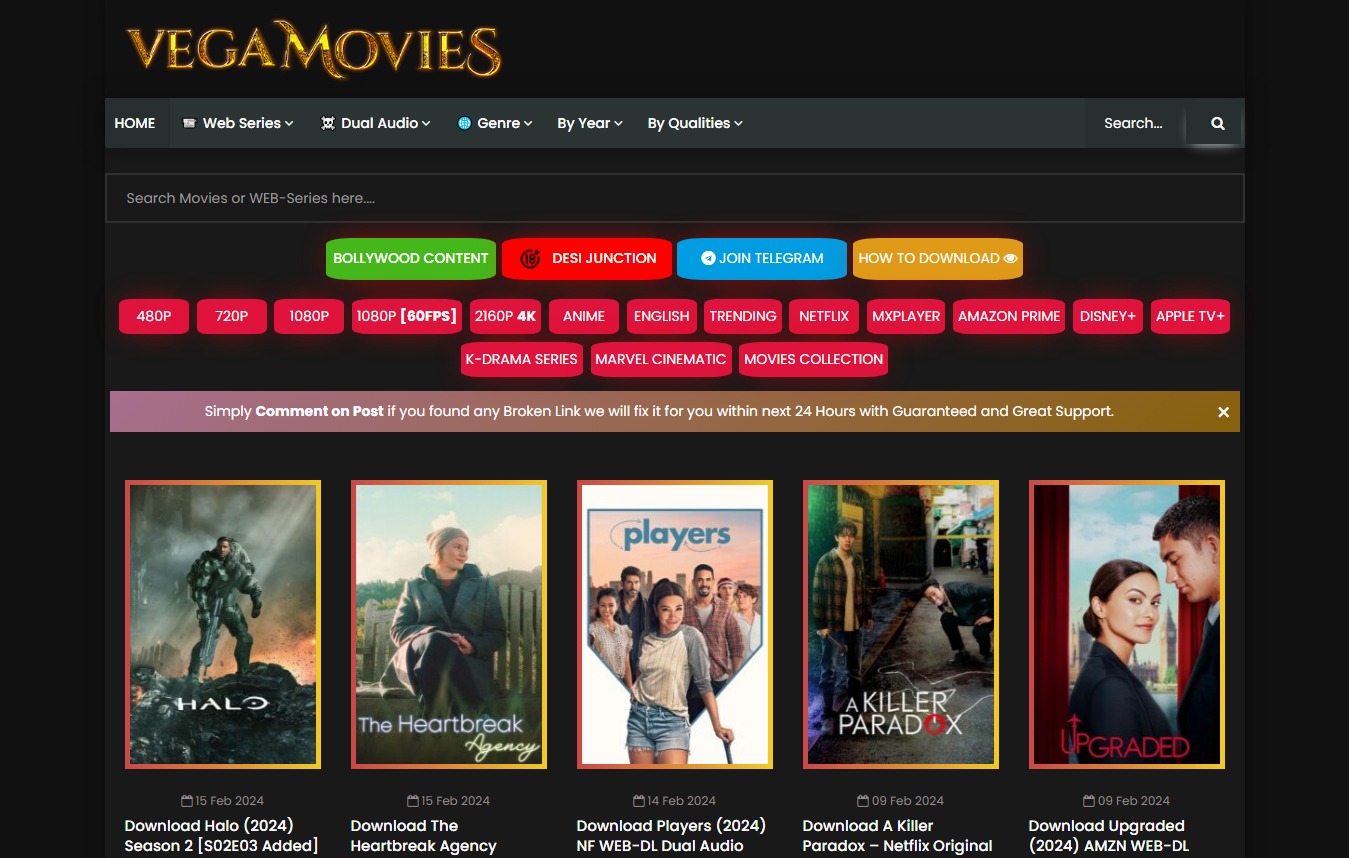Have you ever stared blankly at a screen, frustration mounting as the search engine throws back nothing but echoes of your own query? The digital age, for all its promises of instant access to knowledge, can often feel like a labyrinthine library with all the books missing. The experience of inputting a carefully crafted search term, only to be met with the digital equivalent of crickets, is a universal frustration in the 21st century.
The phrases "We did not find results for:" and "Check spelling or type a new query" have become ubiquitous companions in our online journeys. They are the digital gatekeepers, the silent arbiters of information, reminding us of the limitations inherent in even the most sophisticated algorithms. But what do these phrases really tell us? Are they merely indicators of a misspelled word, or do they point to deeper issues in the way we search for and retrieve information in the vast expanse of the internet?
Often, the culprit is indeed a simple typo. A misplaced letter, a forgotten space, or a misunderstanding of the correct terminology can all lead to a dead end. Search engines, while increasingly intelligent, are still largely dependent on exact matches or close approximations. The nuances of language, the subtle differences in meaning, and the ever-evolving vocabulary of the internet can all pose challenges to even the most experienced searchers. Furthermore, the sheer volume of information available online can sometimes work against us. Buried beneath layers of irrelevant content, the information we seek may simply be too obscure or too niche to be easily discovered.
- Justwatch Vs Vegamovies Find Movies Shows Online Guide
- What Is Mkvmoviespoint Your Guide To Movies Downloads
However, the absence of search results can also indicate a more fundamental problem: the information simply may not exist online. This is particularly true for specialized topics, emerging fields of study, or information that is primarily held within private databases or offline archives. In these cases, the search engine's inability to find results is not necessarily a reflection of its limitations, but rather a confirmation of the boundaries of the digital realm. It serves as a reminder that the internet, despite its vastness, is not a complete and exhaustive repository of all human knowledge.
Furthermore, the way we frame our queries can significantly impact the results we receive. A poorly worded or overly broad search term can yield a deluge of irrelevant information, while a too-specific query may return nothing at all. The art of effective searching lies in striking a balance between precision and generality, using keywords that are both relevant and likely to appear in the content we seek. It requires a nuanced understanding of the subject matter, as well as a familiarity with the search engine's algorithms and indexing methods. For example, using Boolean operators like "AND," "OR," and "NOT" can help to refine your search and narrow down the results. Similarly, using quotation marks to enclose a phrase can force the search engine to look for an exact match, rather than simply searching for the individual words.
Beyond the technical aspects of searching, there are also broader social and cultural factors at play. The availability of information online is not evenly distributed across all topics and perspectives. Certain voices and viewpoints may be overrepresented, while others are marginalized or excluded. This can lead to a skewed or incomplete understanding of the world, particularly if we rely solely on search engines as our primary source of information. It is important to be aware of these biases and to seek out diverse sources of information to gain a more balanced and comprehensive perspective. This is especially crucial when researching controversial or politically charged topics, where the search results may be heavily influenced by partisan agendas or misinformation campaigns.
- Hikaru Nagi Sone 436 The Latest Updates Mustknow Facts
- Filmyfly 2025 Your Guide To South Bollywood Movies Online
The rise of "fake news" and disinformation has further complicated the challenge of online information retrieval. Search engines, while making efforts to combat these problems, are still vulnerable to manipulation and exploitation. Malicious actors can use sophisticated techniques to create and disseminate false or misleading information, which can then be amplified by social media and search algorithms. This can make it difficult to distinguish between credible sources and unreliable ones, and can erode trust in the online information ecosystem. Therefore, it is essential to develop critical thinking skills and to evaluate information carefully before accepting it as fact. This includes checking the source of the information, looking for evidence of bias, and verifying the information with other reliable sources.
The phrases "We did not find results for:" and "Check spelling or type a new query" also highlight the importance of information literacy. In an age of information overload, it is not enough to simply have access to vast amounts of data. We must also be able to critically evaluate that information, to identify its biases and limitations, and to use it effectively to inform our decisions. This requires a combination of skills, including critical thinking, analytical reasoning, and information management. It also requires a willingness to question assumptions, to challenge conventional wisdom, and to seek out alternative perspectives.
The constant evolution of search engine algorithms also presents a challenge to online information retrieval. Search engines are constantly being updated and refined, in an effort to improve their accuracy and relevance. However, these changes can also make it more difficult to predict how a particular query will be interpreted and what results will be returned. This can be particularly frustrating for researchers and other professionals who rely on search engines to find specific information. To stay ahead of the curve, it is important to keep up with the latest developments in search engine technology and to adapt your search strategies accordingly. This may involve experimenting with different keywords, using advanced search operators, and exploring alternative search engines.
The increasing personalization of search results is another factor to consider. Search engines use a variety of data, including your search history, location, and social media activity, to tailor the results to your individual interests and preferences. While this can be helpful in some cases, it can also create a "filter bubble," where you are only exposed to information that confirms your existing beliefs. This can limit your exposure to diverse perspectives and can reinforce biases. To avoid this, it is important to be aware of the personalization algorithms and to take steps to diversify your sources of information. This may involve using private browsing mode, clearing your search history, and following people with different viewpoints on social media.
The issue of data privacy is also closely related to online information retrieval. Search engines collect vast amounts of data about our search habits, which can then be used for a variety of purposes, including targeted advertising and surveillance. While some people may be comfortable with this, others may be concerned about the potential for misuse of their personal data. It is important to be aware of the privacy policies of the search engines you use and to take steps to protect your privacy online. This may involve using a virtual private network (VPN), encrypting your data, and limiting the amount of personal information you share online.
In conclusion, the seemingly simple phrases "We did not find results for:" and "Check spelling or type a new query" encapsulate a complex set of challenges and opportunities in the digital age. They remind us of the limitations of search engines, the importance of information literacy, and the need to be critical and discerning consumers of online information. By understanding these challenges, we can become more effective searchers and more informed citizens.
Let's consider a hypothetical individual, Dr. Anya Sharma, whose work is deeply intertwined with the challenges of information retrieval. Dr. Sharma is a leading researcher in the field of computational linguistics, specializing in natural language processing and information retrieval. Her career has been dedicated to improving the accuracy and efficiency of search engines, and she has witnessed firsthand the evolution of these technologies over the past two decades. Her work is directly related to mitigating the frustrations evoked by those dreaded phrases: "We did not find results for:" and "Check spelling or type a new query."
Dr. Sharma's journey began with a fascination with the intricacies of human language and its ability to convey complex ideas and emotions. She pursued a degree in linguistics, followed by a doctorate in computer science, where she focused on the intersection of these two fields. Her research has explored a wide range of topics, including semantic search, query optimization, and the development of more intuitive and user-friendly search interfaces. She has published numerous papers in leading academic journals and has presented her work at international conferences around the world. Her contributions to the field have been widely recognized, and she is considered a leading expert in the area of information retrieval.
| Category | Information |
|---|---|
| Personal Information | |
| Full Name | Anya Sharma |
| Date of Birth | March 15, 1980 |
| Place of Birth | Mumbai, India |
| Nationality | Indian |
| Education | |
| Undergraduate Degree | BA in Linguistics, University of Delhi |
| Graduate Degree | PhD in Computer Science (Natural Language Processing), Stanford University |
| Career Information | |
| Current Position | Professor of Computational Linguistics, Massachusetts Institute of Technology (MIT) |
| Previous Positions | Research Scientist, Google AI (2010-2018) Postdoctoral Researcher, Carnegie Mellon University (2008-2010) |
| Professional Information | |
| Areas of Expertise | Natural Language Processing, Information Retrieval, Semantic Search, Query Optimization, Machine Learning |
| Notable Publications | "Contextual Understanding in Search Algorithms" (2015) "Improving Search Relevance through Semantic Analysis" (2019) "The Future of Information Retrieval: Challenges and Opportunities" (2022) |
| Awards and Recognition | ACM Fellow (2023) IEEE Technical Achievement Award (2020) National Science Foundation CAREER Award (2012) |
| Website | Example Academic Website (This is a placeholder. Replace with a real academic or professional website) |
One of Dr. Sharma's key contributions has been the development of more sophisticated algorithms that can understand the intent behind a user's query, rather than simply matching keywords. This involves using techniques from natural language processing to analyze the semantic meaning of the query and to identify the user's underlying information need. For example, if a user searches for "best Italian restaurants near me," Dr. Sharma's algorithms can understand that the user is looking for recommendations for Italian restaurants that are located close to their current location. This allows the search engine to return more relevant and personalized results, even if the user's query is not perfectly phrased.
Dr. Sharma's work has also focused on improving the robustness of search engines to errors and variations in spelling and grammar. She has developed techniques for automatically correcting misspelled words and for identifying synonyms and related terms. This helps to ensure that users are able to find the information they are looking for, even if they make mistakes in their queries. For example, if a user searches for "teh best pizza in town," Dr. Sharma's algorithms can automatically correct the misspelling of "the" and still return relevant results for pizza restaurants in the user's area.
In addition to her technical contributions, Dr. Sharma is also a passionate advocate for improving access to information for underserved communities. She has worked on projects to develop search engines that are tailored to the needs of users in developing countries, who may have limited internet access and different cultural contexts. She has also worked to promote digital literacy and to empower individuals to use search engines effectively to find the information they need to improve their lives. This involves developing educational materials and training programs that teach people how to formulate effective search queries, how to evaluate the credibility of online sources, and how to protect their privacy online.
Dr. Sharma's current research is focused on the development of artificial intelligence (AI) powered search engines that can learn from user feedback and adapt to changing information needs. She is exploring the use of machine learning techniques to personalize search results, to identify emerging trends, and to detect and filter out misinformation. This involves developing algorithms that can analyze vast amounts of data, including search queries, website content, and social media activity, to identify patterns and relationships. Her goal is to create search engines that are not only more accurate and efficient, but also more intelligent and responsive to the needs of their users.
The challenge of "no results found" is also being addressed by advancements in knowledge graph technology. Knowledge graphs are structured databases that represent entities, concepts, and relationships between them. By leveraging knowledge graphs, search engines can provide more informative and contextualized search results. For example, if a user searches for "Marie Curie," the search engine can not only provide links to websites about Marie Curie, but also display a summary of her key achievements, her family members, and her contributions to science. This allows users to quickly access the information they are looking for, without having to sift through multiple websites.
The fight against misinformation is another critical area of focus for researchers and search engine developers. The spread of fake news and disinformation can have serious consequences, undermining trust in institutions, fueling social divisions, and even influencing elections. Search engines are working to combat this problem by developing algorithms that can identify and flag unreliable sources, by promoting credible sources, and by providing users with tools to evaluate the accuracy of information. This involves using techniques from natural language processing, machine learning, and social network analysis to identify patterns of misinformation and to detect coordinated disinformation campaigns.
The increasing use of voice search and conversational interfaces is also transforming the way we interact with search engines. Voice search allows users to ask questions and issue commands using their voice, rather than typing them into a search box. This can be more convenient and efficient, especially for mobile users. Conversational interfaces, such as chatbots and virtual assistants, allow users to have a more natural and interactive dialogue with search engines. This can be helpful for complex queries or when users are not sure what they are looking for. As voice search and conversational interfaces become more prevalent, search engines will need to adapt to the unique challenges of understanding and responding to spoken language.
The future of information retrieval is likely to be shaped by a combination of technological advancements, social trends, and ethical considerations. As search engines become more powerful and sophisticated, it is important to ensure that they are used responsibly and that they are aligned with the values of fairness, transparency, and accountability. This requires ongoing dialogue between researchers, developers, policymakers, and the public to address the ethical challenges and to ensure that search engines are used to promote the common good.
Dr. Sharma's work exemplifies the dedication and innovation required to tackle the persistent challenges of information retrieval. While the phrases "We did not find results for:" and "Check spelling or type a new query" may continue to appear from time to time, the ongoing efforts of researchers like Dr. Sharma offer hope for a future where access to information is more seamless, accurate, and equitable for all.
- Anjali Arora Mms Defamation Case Justice Served Latest Updates
- Movierulz Unveiled Watch Telugu Movies Online Safely In 2024 Guide


